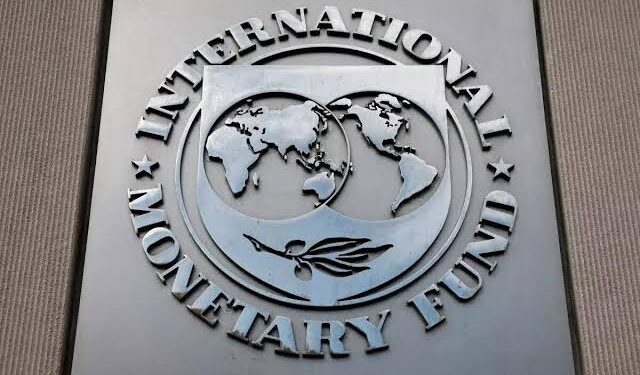The International Monetary Fund (IMF) has imposed 11 new conditions on Pakistan as part of its bailout programme, warning that escalating tensions with India pose serious risks to the country’s fiscal and reform goals. This raises the total number of IMF conditions to 50.
The IMF’s Staff Level Report, released Saturday, highlighted that the recent India-Pakistan conflict, sparked by Operation Sindoor and retaliatory strikes, could destabilize Pakistan’s economic recovery. However, market reaction remains modest so far.
Key New IMF Conditions:
-
Rs 17.6 trillion federal budget must be approved by Parliament by end-June 2025.
-
Electricity & gas tariffs must be adjusted to cost-recovery levels by July 2025 and Feb 2026 respectively.
-
Debt servicing surcharge cap (Rs 3.21/unit) to be removed by end of June.
-
Legislation to make the captive power levy permanent by May-end.
-
New Agriculture Income Tax laws across all four provinces, with enforcement platforms and compliance strategies.
-
Governance action plan based on IMF diagnostic recommendations.
-
Financial sector strategy post-2027 to be published.
-
Phasing out of incentives for Special Technology Zones and industrial parks by 2035.
-
Relaxation of import restrictions: Used cars up to five years old to be allowed by end-July 2025.
The defence budget is also set to rise sharply, projected at over Rs 2.5 trillion, an 18% increase, following the confrontation with India.
The IMF criticized inefficient energy policies and poor governance for Pakistan’s mounting circular debt, pushing for urgent structural reforms.





























